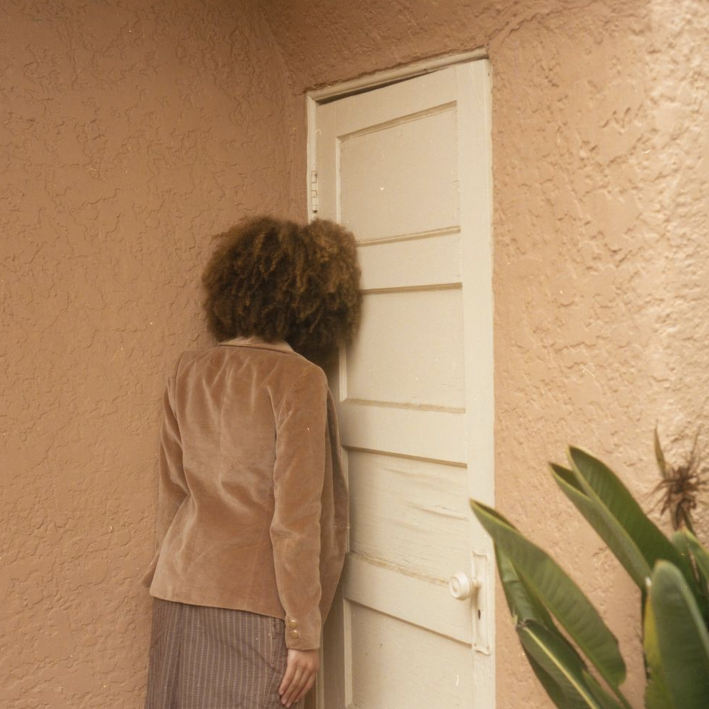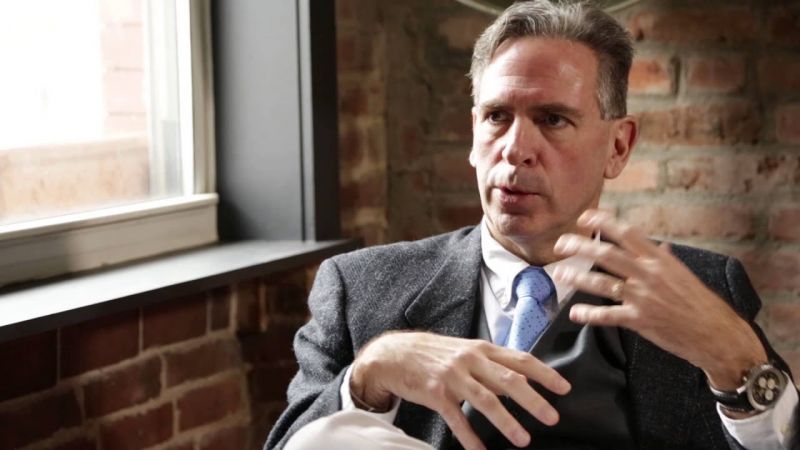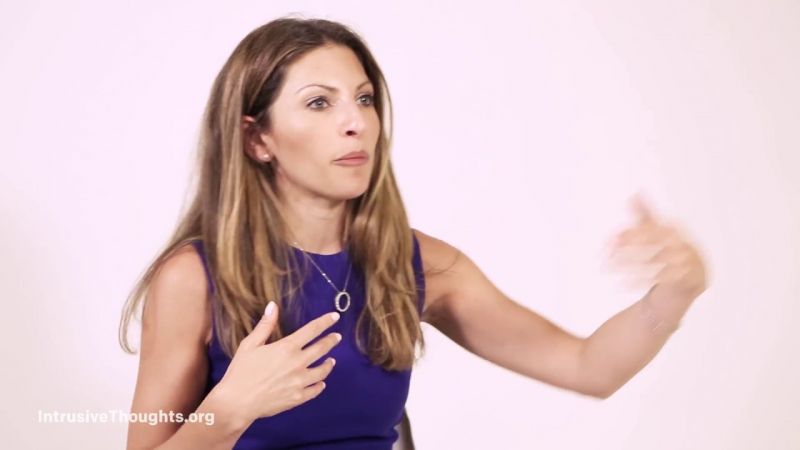C is for Canceled
Understanding the OCD theme of being “Canceled”
Escrito por Dr. Jan Weiner Ph.D. & Dr. Jordan Levy Ph.D.

01 Dr. Weiner and Dr. Levy define cancel culture, and how it can show up as an OCD theme.
02 They explain who is at risk for Cancellation OCD, the many ways it can manifest, and how it differentiates from generalized and social anxiety.
03 While C-OCD may be difficult to deal with, there’s many treatment options available.
Cancel culture is a modern form of social rejection, boycotting, shunning, or ostracism in which someone, often a celebrity or public figure, is thrust out of social or professional circles. Cancellation can be online, on social media, or in real life after someone has been deemed to have acted or spoken in an unacceptable manner. Those subject to this ostracism are said to have been "canceled." Examples of people who have been canceled include: Harvey Weinstein during the #metoo movement, and, most recently, Kanye West, for his antisemitic rhetoric.
This process of using social media to publicly call out an individual for accountability has gained popularity as an important tool of social justice — a way of countering some of the huge power imbalances that often exist between public figures and the people and communities their words and actions may harm. A community that unites against someone who has done something wrong and brings them to justice can be empowering.
On the flip side, it can also make people think twice before behaving inappropriately or posting potentially offensive views. With the popularity of social media, and the many different platforms that exist, anyone who uses social media is subject to the possibility of being canceled.

Dr. Phillipson Talks Science, Symptoms & Treatment of OCD
In conjunction with the rise of viral social movements, there has been a parallel increase of those whose fears have attached to the threat of being canceled. During the initial #metoo movement, many people who suffer from Obsessive Compulsive Disorder (OCD) as well as other anxiety-related disorders began to have fears that they had or would sexually harass another individual. In order to decrease anxiety, these individuals would obsessively analyze past experiences, such as parties, dates, their social actions, and behaviors, in order to quell their intrusive thoughts about potentially having harassed someone.
Additionally, they would scour over their own and others social media presence, such as text messages, emails, dating app conversations, tweets, likes, comments, and video content to try to ensure that they hadn’t violated another person’s boundaries. Others began to avoid social situations altogether.
Since the onset of the #metoo movement, more variations of this theme have arisen along with varying social trends: topical OCD spikes have included, but are not limited to, fears of saying, thinking, or doing something racist, sexist, transphobic, homophobic, or politically incorrect. The overarching feature of this theme, Cancellation OCD (C-OCD), is that people may fear that they will commit an impulsive inappropriate action, post something on social media that will be (mis)construed as inappropriate and that they will face social isolation as a result.
Who is at risk for developing the theme of Cancellation OCD?
Technically, anyone who uses social media is susceptible to experiencing anxiety related to the idea of being canceled, however, certain groups may be more vulnerable to this particular type of anxiety. People who have some or all of the following characteristics may be at a higher risk for developing Cancellation OCD (C-OCD).
- People who spend an excessive amount of time scrolling on the internet
- People who are preoccupied with how others think of them
- People who have careers that rely on using social media
- People who have multiple social media accounts (i.e. Facebook, Instagram, TikTok, etc.)
- People with diagnosed pre-existing mental health conditions
- People with anxiety disorders, especially those with social anxiety
- People who have depression, low self esteem, or low confidence
- People with strong consciences, high moral standards and/or perfectionistic personalities

What are the symptoms of C-OCD?
People who have Cancellation OCD commonly have the following obsessions and compulsions:
Obsessions
- Excessive worry related to social media posts, photos, videos and other content
- Scrutinizing every post or item of content being released on the internet, email, pictures, videos, tweets etc.
- Ruminating and/or distressing thoughts about being canceled online (i.e. What if people find out something bad/embarrassing/shameful from my past and call it out publicly online? What if I said something offensive online? What if my life will be ruined? What if this post will be the one that gets me canceled? What if this post is about me? What if I didn’t say or do or post the right thing during a particular movement?)
Compulsions
- Replaying social events and conversations in your head
- Replaying past events in your head for fear of being canceled because of something that occurred
- Asking others for repeated reassurance that everything is okay
- Checking social media sites and comments repeatedly for real or imagined clues
- Excessively scrolling and google searches including googling yourself to see if anything unwanted appears
- Excessively checking certain websites repeatedly for evidence of cancellation
- Excessively checking certain websites repeatedly for reassurance
- Avoiding social events
- Avoiding submitting or posting content out of fears of being canceled
- Researching stories of other people getting canceled

OCD Metaphors
Individuals suffering from C-OCD have an incredibly difficult time tolerating the uncertainty of potentially being canceled. The obsessions/ruminations are focused on the worst possible scenarios of what could happen, and how the sufferer’s life will be ruined as a result. The sufferer becomes obsessed with behaving in a perfectly moral, ethical, and politically correct way, but continuously doubts their actions and behaviors.
C-OCD sufferers may harp on something ambiguous that they wrote, commented on, or liked, which triggers a spike of anxiety. In order to decrease the feelings of anxiety, the individual begins an arduous process of figuring out if they crossed an arbitrary line of social acceptability. Many C-OCD sufferers spend an endless amount of time reviewing, and sometimes even deleting things, that they have written online (ie. posts, comments, photos, videos, emails, and texts).
In addition, they may also spend hours researching online/asking others for reassurance, and avoiding online and/or in-person social situations where their fears could be triggered. Since C-OCD sufferers can never be certain that they are safe from being canceled, they continue to recheck/doubt/reassure themselves in an attempt to decrease anxiety and make them feel safer from perceived social repercussions.
Cancellation OCD tends to disproportionately affect people who have perfectionistic personalities. Since perfectionists tend to hold themselves to a higher moral, ethical, or individual standard, they can be incredibly sensitive to negative feedback or criticism from others. Criticism can be viewed as a moral/ethical failing and an indictment of their character as a whole. Additionally, perfectionists tend to have a ‘need to please,’ or be universally accepted and liked by others. This predisposes the perfectionist for spikes of cancellation anxiety.
For example: A friend who doesn’t answer their text right away, could be interpreted by the sufferer that they must have done something offensive to that person online or in their last social exchange on technology. Then, the C-OCD sufferer becomes anxious, and, in order to mitigate their anxiety, begins to look online for evidence to confirm or disconfirm this theory. This can quickly snowball into believing that all of your friends (or social media followers) want you canceled.
Cancellation OCD shares features of both Generalized Anxiety Disorder (GAD) and Social Anxiety Disorder (SAD)
Generalized Anxiety Disorder is characterized by persistent and excessive worries about situations in everyday life (e.g. money, family, losing one’s job, or health concerns). Individuals with GAD may worry more than what is warranted about actual events. In addition, they may expect the worst even when there is no apparent reason for concern and may find it difficult to control their worry. Fears regarding cancellation have a basis in reality, thus there can be an overlap with diagnosing people with GAD and C-OCD. People with GAD may have concentrated worries that sound like, “What if I get canceled?” Whereas sufferers of C-OCD, tend to have more irrational obsessions and elaborate compulsions (rituals) that they do to neutralize the threats of anxiety.
C-OCD is also closely related to social anxiety disorder. Social anxiety disorder (SAD) is characterized by a fear of being publicly scrutinized in a way that will lead to being humiliated or rejected. Social anxiety is a warning signal that the individual may be at risk of rejection or exclusion from the group. Being able to detect the nuances that may cost you to lose your social status, or avoid the risks of being kicked out of the hierarchy/group, has important benefits for the individual.
Individuals with social anxiety may experience discomfort, anxiety, extreme shyness, avoidance of social situations, and even panic attacks in extreme cases. Since a huge part of our current social landscape exists online, it makes sense that social anxiety fears have transitioned focus toward social media and the internet. Furthermore, people with SAD are at an increased risk of comorbidity with OCD and other anxiety disorders.
Treatment for cancel culture OCD
As in all Anxiety and OCD treatments, C-OCD is typically treated with medication, psychotherapy, or a combination of the two.
Cognitive Behavioral Therapy (CBT) is the gold standard of care. Exposure and Response Prevention (ERP, EX/RP, or “exposure therapy”) is the most effective treatment for anxiety/OCD. ERP entails intentionally facing your fear directly by provoking unwanted, distressing thoughts and images while simultaneously resisting the urge to seek relief. Unfortunately, for the sufferer, there is no way to get past anxiety/OCD without facing their fears.
In addition to ERP, medications such as selective serotonin uptake inhibitors (SSRIs) can be helpful in the treatment of cancellation anxiety/OCD.
Condiciones relacionadas
Overcoming social media fears are not about achieving or (falsely) portraying perfectionism. The best thing one can do is to make a choice to feel confident about what they decide to share on social media. Share what you want, then decide how to tackle the uncertainty and potential call-out. Everyone has skeletons in their closets. And we could all stand to have more compassion for ourselves, and each other.
Ultimately, living with the uncertainty that one has the potential to be canceled will allow for mental freedom from this harrowing OCD theme.
Apoya nuestro trabajo
Nuestra misión es cambiar la manera en que el mundo percibe la salud mental.



















